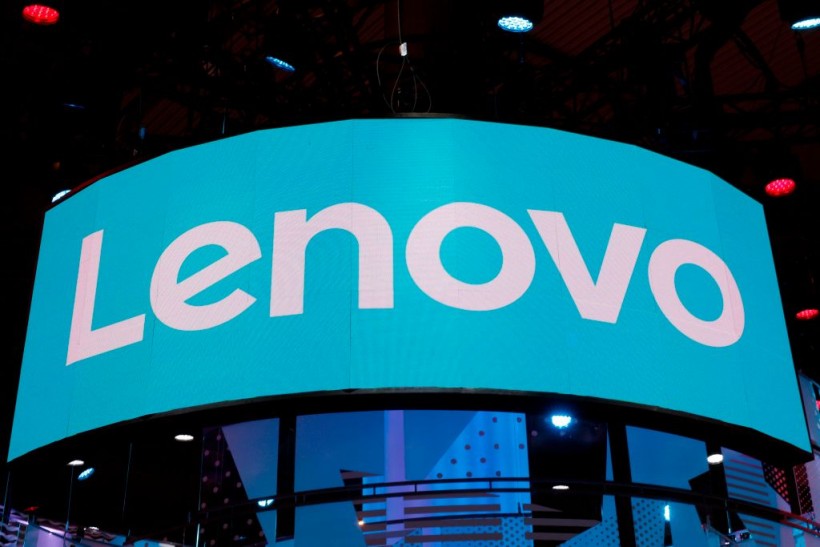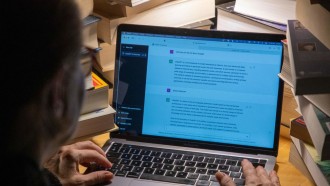Lenovo and Motorola are facing a sales ban in Germany after a patent dispute saw Lenovo and its Wireless Wide Area Network (WWAN) module owner, InterDigital, failing to agree on a licensing fee for the former using the latter's technology.
Lenovo is required to pay InterDigital a licensing fee for the WWAN technology, which is based on InterDigital patents and utilized in several of the two firms' devices, including the recently released Edge 50 family.
Lenovo and InterDigital have not agreed upon a licensing fee for InterDigital's technology. Sources indicate that Lenovo has paid, but InterDigital does not think the amount is fair. Regarding the sum that InterDigital asks, Lenovo essentially states the same thing.

After ruling in favor of InterDigital, the Munich I District Court in Germany swiftly banned the import of any Lenovo or Motorola device that supported GSM, UMTS, LTE, or 5G connectivity.
The restriction applies to any Lenovo or Motorola phone or gadget that connects to a mobile network via an eSIM or SIM card. The court decision also affected Lenovo laptops, tablets, and Motorola phones.
InterDigital's standard essential patent (SEP) for its WWAN module mandates that manufacturers obtain a license so their devices comply with specific standards.
Read Also: Mobile World Congress Day Two: All the Highlights
Lenovo's Patent Dispute
Therefore, these patents should be licensable on fair, reasonable, and non-discriminatory (FRAND) terms. The court supports InterDigital's position that Lenovo has not complied with its requests for fair and reasonable license terms.
Lenovo intends to appeal the court's ruling because it feels that the patent owner is requesting an excessive amount of money to license a basic, necessary patent.
Only independent merchants are permitted to sell Lenovo and Motorola mobile handsets in Germany until their stock runs out. Lenovo and Motorola's German websites no longer list devices that feature WWAN chips.
Lenovo and InterDigital can attempt to reach an agreement that permits the former to obtain a license for the SEP related to the WWAN module.
Lenovo's AI Ventures
Lenovo, on the other hand, recently introduced LISSA, a new AI-driven platform meant to help organizations make more sustainable and educated IT purchasing decisions.
The Lenovo Intelligent Sustainability Solutions Advisor, or LISSA, provides information on how IT solutions affect the environment over their lifetime.
Through the use of Generative AI technology, LISSA offers insight into the estimated carbon emissions related to a range of Lenovo sustainability solutions, such as certified refurbishment, lower-carbon shipping options, packaging efficiencies, asset recovery, TruScale Device as a Service (DaaS), and packaging efficiencies.
Moreover, Lenovo promotes LISSA as a tool that enables companies to model various paths to solutions and spot opportunities to reduce emissions in order to meet their IT decarbonization goals in the digital workplace.
Related Article: New Moto Razr+ 2024 Leaks Show the Flagship in All of its Glory

(Photo: Tech Times)





